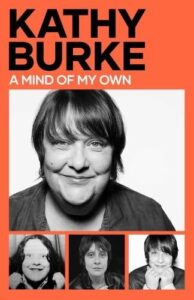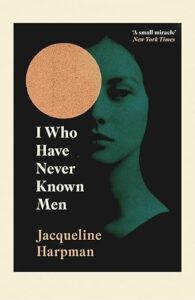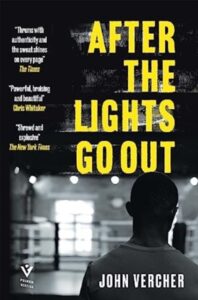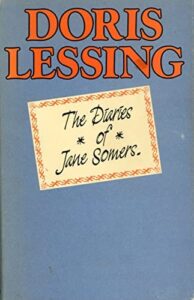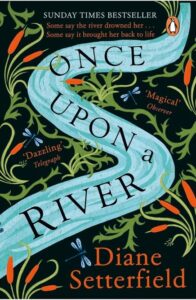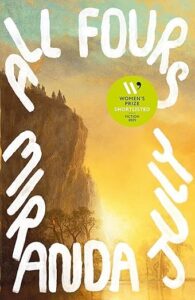

Sal’s Blog - Life's Not Always Perfect!
If you’ve been following a while, you’ll know that I love to read, so the main focus of my website has always been to share book reviews and book club questions. Nothing is about to change there – books are, after all, what keep me sane (ish!) My online shop showcases some of my own most popular picture books that are for sale.
I occasionally, when the mood takes me, blog on life, family, relationships and even occasionally health and fitness. I’m not a fan of social media posts that suggest the writer’s life is perfect. I just don’t buy it. But if you enjoy a smile, chat and a cup of coffee with a pal, I think my posts might be for you.

Latest Book Reviews and Book Club Questions
Browse All Book Reviews
- Book Review on Kathy Burke’s A Mind of My Own
- Book Review on I Who Have Never Known Men by Jacqueline Harpman
- Book Review of After the Lights Go Out by John Vercher
- The Diaries of Jane Somers by Doris Lessing Book Review
- Book Review of Once Upon a River by Dian Setterfield
- Book Review of All Fours by Miranda July
- Book Review on Min Jin Lee’s Pachinko
- Book Review on Butter by Asako Yuzuki
- Book Review of Nicola Sturgeon’s Frankly
- Book Review of The Lido by Libby Page
Latest Blog Posts
Browse All Blog Posts
- A Joyful Night with Jenny Éclair in Leeds
- A Skydive, a Splash, and a Hint of Doubt
- Balancing Professional and Personal Life: Digital Tools That Work for You
- Connecting ‘The Other’ Through Music and Memory
- Fun Day out at Kirton Off Road Centre
- Rediscovering Blogging and Its Impact on Mental Health
- Experiencing Loose Women Live: An Unforgettable Mother-Daughters’ Day Out
- Exploring the Richness of Intergenerational Friendships
- The Power of Displays
- Embrace the Change

Stay in Touch with our Updates
Enter your email address to receive regular updates as well as news on upcoming events and specific offers
